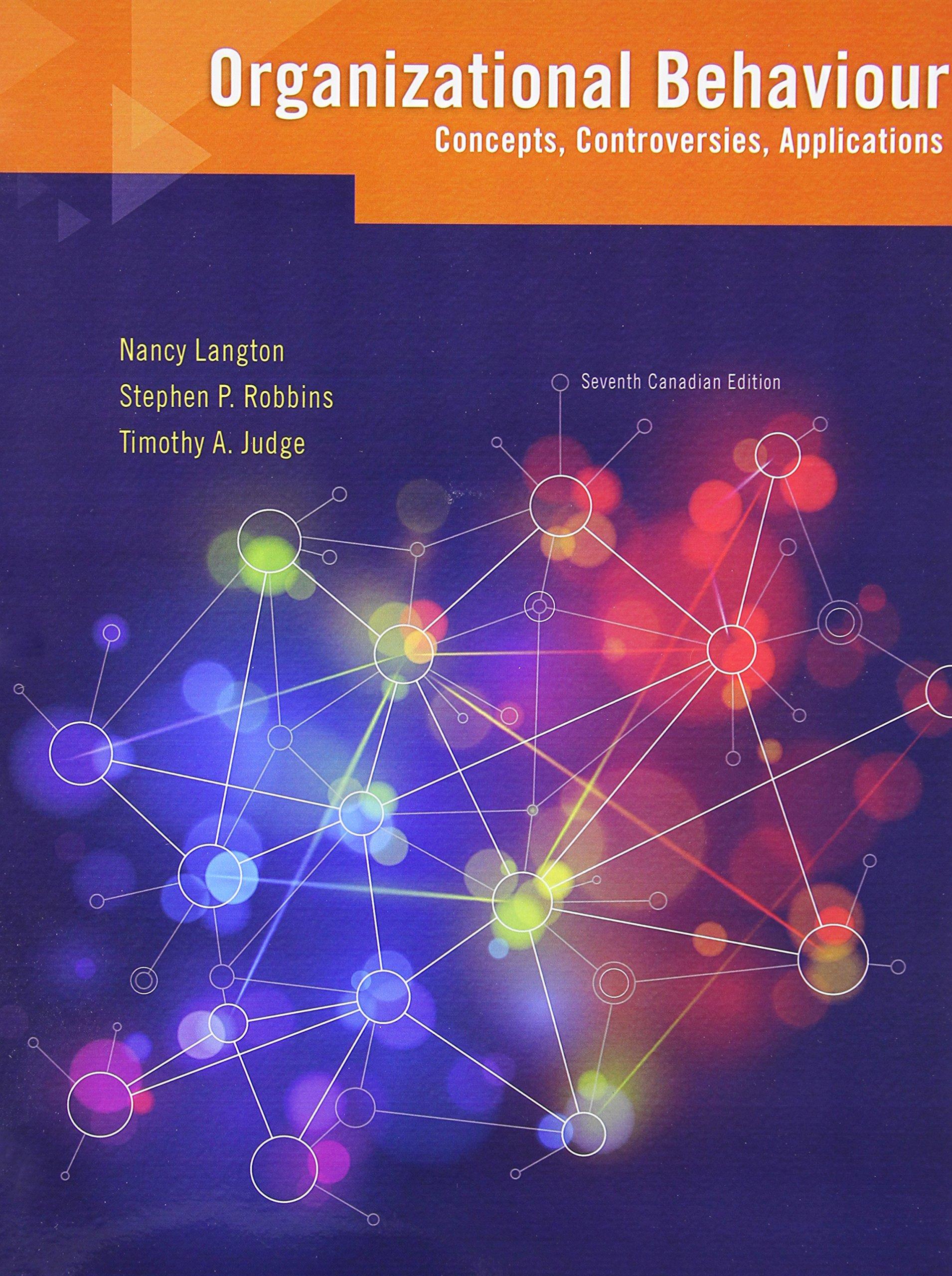Fewer employees in the private sector are unionized, compared with those who work in the public sector
Question:
Fewer employees in the private sector are unionized, compared with those who work in the public sector (16.4 vs. 71.4 percent in 2012). Does being in a labour union make a difference for optimal wages and benefits?
On the positive side, by negotiating as a collective, public sector employees, who are more heavily unionized, are able to earn, on average, roughly 12 percent more than employees working in the mostly non-unionized private sector. Unions also can protect the rights of workers against capricious actions by employers. Consider the following example:
Lydia criticized the work of five of her co-workers.
They were not amused and posted angry messages on a Facebook page. Lydia complained to her supervisor that the postings violated the employer’s “zero tolerance” policy against “bullying and harassment.” The employer investigated and, agreeing that its policy had been violated, fired the five.
Most of us would probably prefer not to be fired for Facebook posts. This is a protection unions can provide.
On the negative side, public-sector unions at times have been able to negotiate employment arrangements that are hard to sustain. According to the Fraser Institute, almost 90 percent of those employed by the Canadian government receive pension benefits as part of their total compensation. Only 24 percent of private sector employees have these benefits. This allowed government employees to retire about 2.5 years earlier than private sector employees between 2007 and 2011.
Further, it’s often more difficult to fire a member of a public-sector union, even if performance is exceptionally poor. In 2011, 3.8 percent of private sector employees were fired. Only 0.6 percent of public sector employees were fired.
Reasonable people can disagree about the pros and cons of unions and whether they help or hinder an organization’s ability to be successful. There is no dispute, however, that they often figure prominently in the study of workplace conflict and negotiation strategies.
Questions
1. Labour–management negotiations might be characterized as more distributive than integrative. Do you agree? Why do you think this is the case? What, if anything, would you do about it?
2. If unions have negotiated unreasonable agreements, what responsibility does management or the administration bear for agreeing to these terms?
Why do you think they do agree?
3. If you were advising union and management representatives about how to negotiate an agreement, drawing from the concepts in this chapter, what would you tell them?
Step by Step Answer:

Organizational Behaviour Concepts Controversies Applications
ISBN: 9780134048901
7th Canadian Edition
Authors: Nancy Langton, Stephen P. Robbins, Timothy A. Judge





